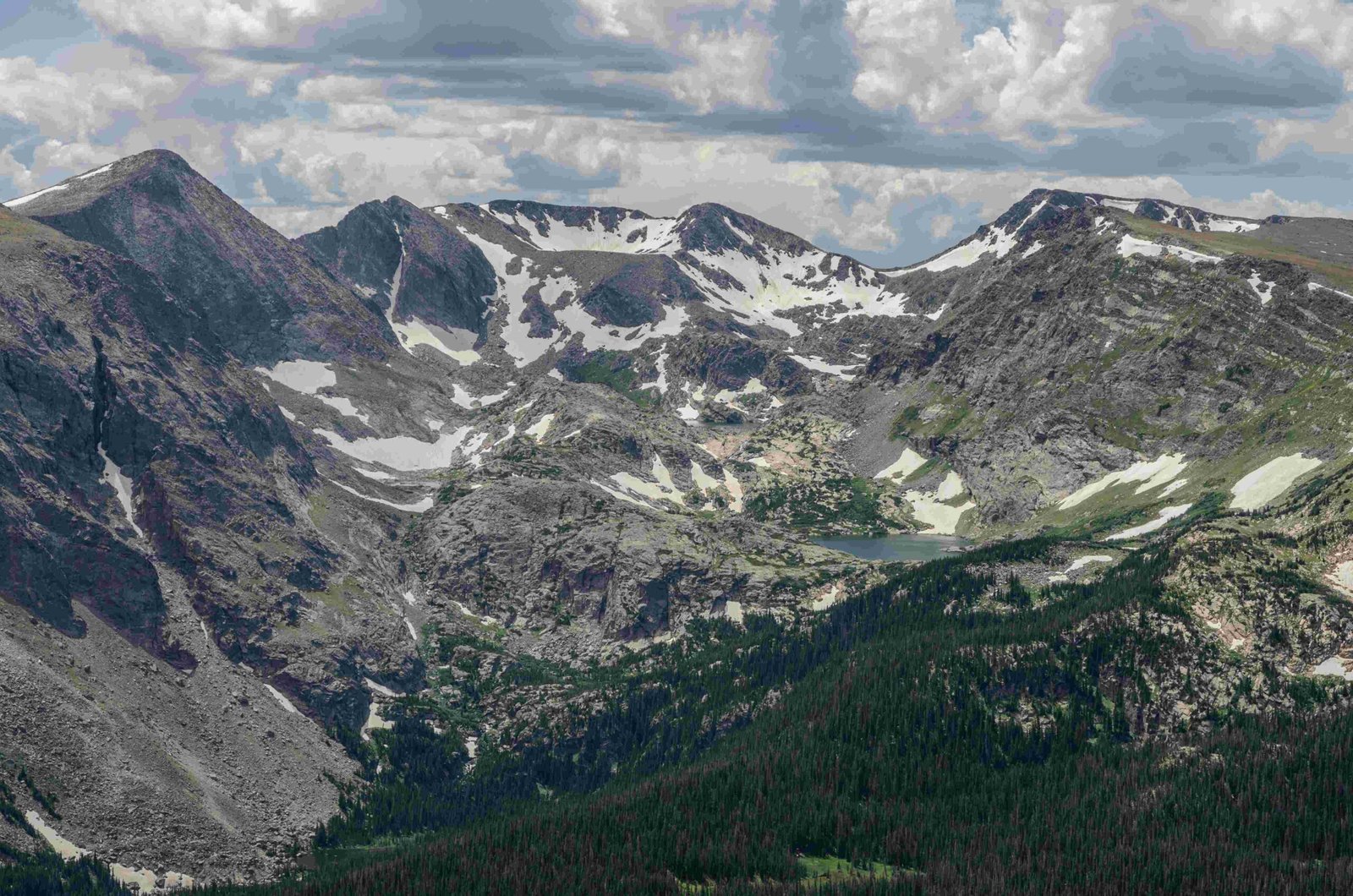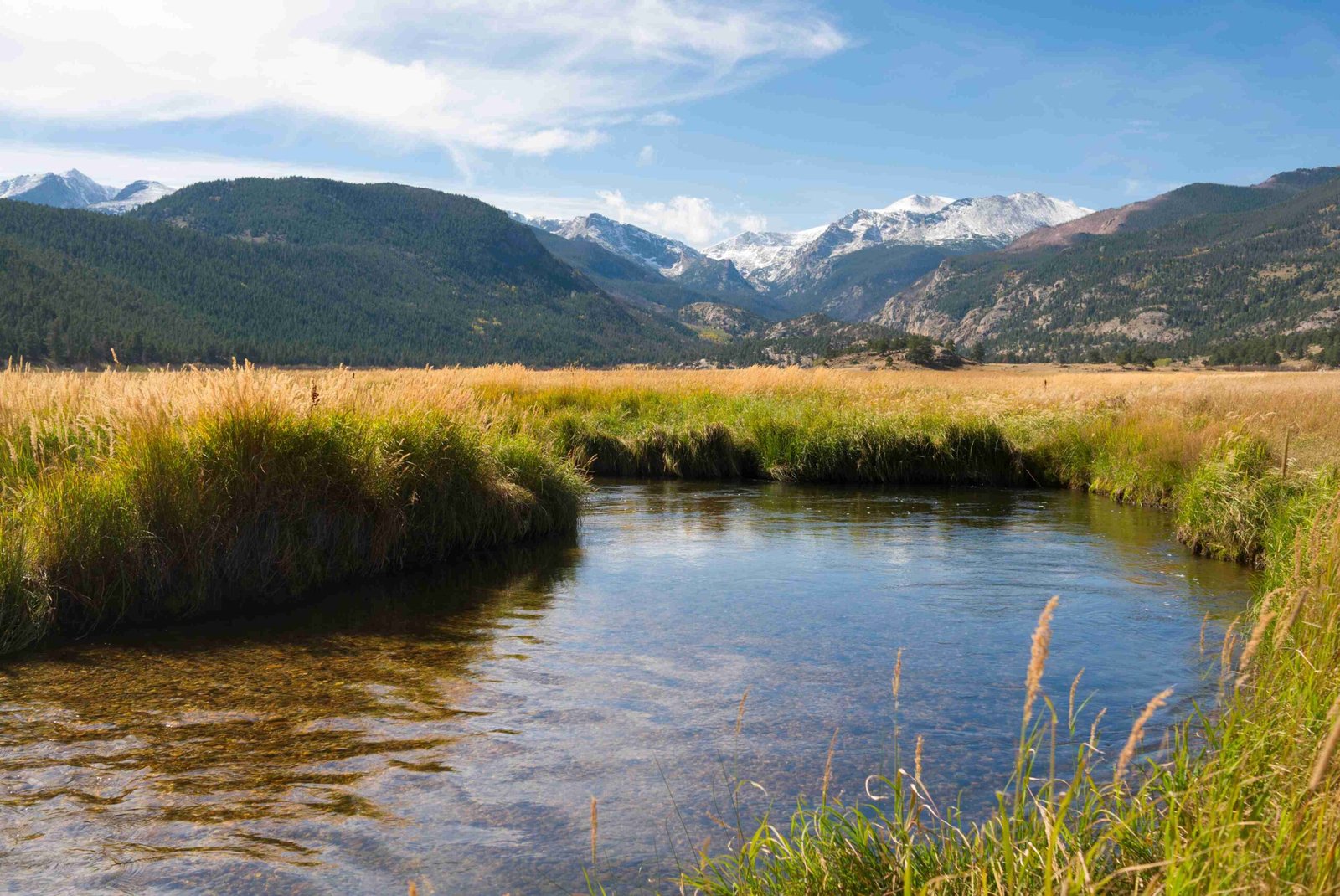Rocky Mountain National Park offers breathtaking high altitude multi-day hikes, challenging adventurers with diverse terrains and stunning vistas. These trails, ranging from 15 to 45 miles, traverse elevations from 9,500 to over 12,000 feet. Hikers can expect rigorous climbs, alpine meadows, and encounters with diverse wildlife. Proper planning, including permit acquisition, gear preparation, and weather considerations, is crucial for a safe and enjoyable experience in this majestic wilderness.
What Are the Best Trail Options for High Altitude Multi-Day Hikes?

Rocky Mountain National Park boasts several exceptional trails for high altitude multi-day hikes. Here are some of the most popular options:
- Continental Divide Loop
- Distance: ~45 miles
- Elevation Gain/Loss: +/- 11,600 feet
- Difficulty: High
- Duration: Typically 5 days
-
Highlights: Continental Divide views, meadows, wildlife
-
Tonahutu Loop
- Distance: Over 26 miles
- Elevation Gain: Over 3,900 feet
- Difficulty: Moderate to high
- Duration: 3 to 5 days
-
Highlights: Waterfalls, alpine lakes, meadows
-
East Inlet Trail
- Distance: 18.5 miles
- Elevation Gain: 3,600 feet
- Difficulty: Moderate to high
- Duration: Typically 3 days
-
Highlights: Alpine lake swimming, Fourth and Fifth Lakes views
-
Flattop Mountain and Continental Divide Trail
- Distance: 15-30 miles (varies)
- Elevation Gain/Loss: Example – +2850 ft, -1660 ft (one day)
- Difficulty: High
- Duration: Several days
- Highlights: Flattop Mountain summit, alpine terrain
How to Plan for Camping During High Altitude Multi-Day Hikes?

Proper camping planning is essential for a successful high altitude multi-day hike in Rocky Mountain National Park. Consider the following aspects:
Campsite Locations and Reservations
- Scattered throughout trails (e.g., Haynach Lakes Camp, Summerland Park)
- Reservations required through park’s backcountry office
- Fees apply for backcountry camping permits
Amenities
| Amenity | Description |
|---|---|
| Water Sources | Natural streams and lakes (treatment recommended) |
| Restroom Facilities | Basic backcountry restrooms or pit toilets |
| Costs | Fees for backcountry camping permits |
Specific Campsites
- Tonahutu Loop: Sites along North Inlet Trail and near Big Meadows
- East Inlet Trail: Sites near Fourth and Fifth Lakes (off-trail navigation required)
What Are the Accessibility Conditions and Gear Requirements?
Understanding accessibility conditions and packing appropriate gear are crucial for a safe high altitude multi-day hike in Rocky Mountain National Park.
Seasonal Considerations
- Trail closures possible due to snow and ice in winter and early spring
- Summer and late summer: Best times for high altitude hikes
- Be prepared for potential thunderstorms year-round
Weather Impacts
- Sudden weather changes common at high altitudes
- Possibility of thunderstorms and snow
- Check forecast before departure and prepare accordingly
Essential Gear Checklist
- Layered clothing for changing weather
- Sturdy hiking boots
- Water treatment system
- First aid kit
- Personal locator beacon (PLB) or satellite phone
- Altitude acclimatization gear (if necessary)
How to Access Trailheads for High Altitude Multi-Day Hikes?
Accessing trailheads is an important aspect of planning your high altitude multi-day hike in Rocky Mountain National Park. Consider the following options:
Parking Options
- Available at various trailheads (e.g., Bear Lake Trailhead, North Inlet Trailhead)
- Limited spaces, especially during peak season
- Arrive early to secure a spot
Shuttle Services
- Bear Lake Shuttle
- Frequency: Every 10-15 minutes
-
Destination: Bear Lake Trailhead
-
Hiker Shuttle
- Connects to Park & Ride
- Transfers available to other shuttles
Regulations and Fees
- Parking fees may apply
- Shuttle service fees may be required
- Backcountry permits mandatory for overnight hikes
- Obtain through park’s backcountry office
- Associated fees apply
By considering these aspects of high altitude multi-day hikes in Rocky Mountain National Park, hikers can ensure a well-planned, safe, and memorable adventure in one of America’s most stunning natural landscapes.

